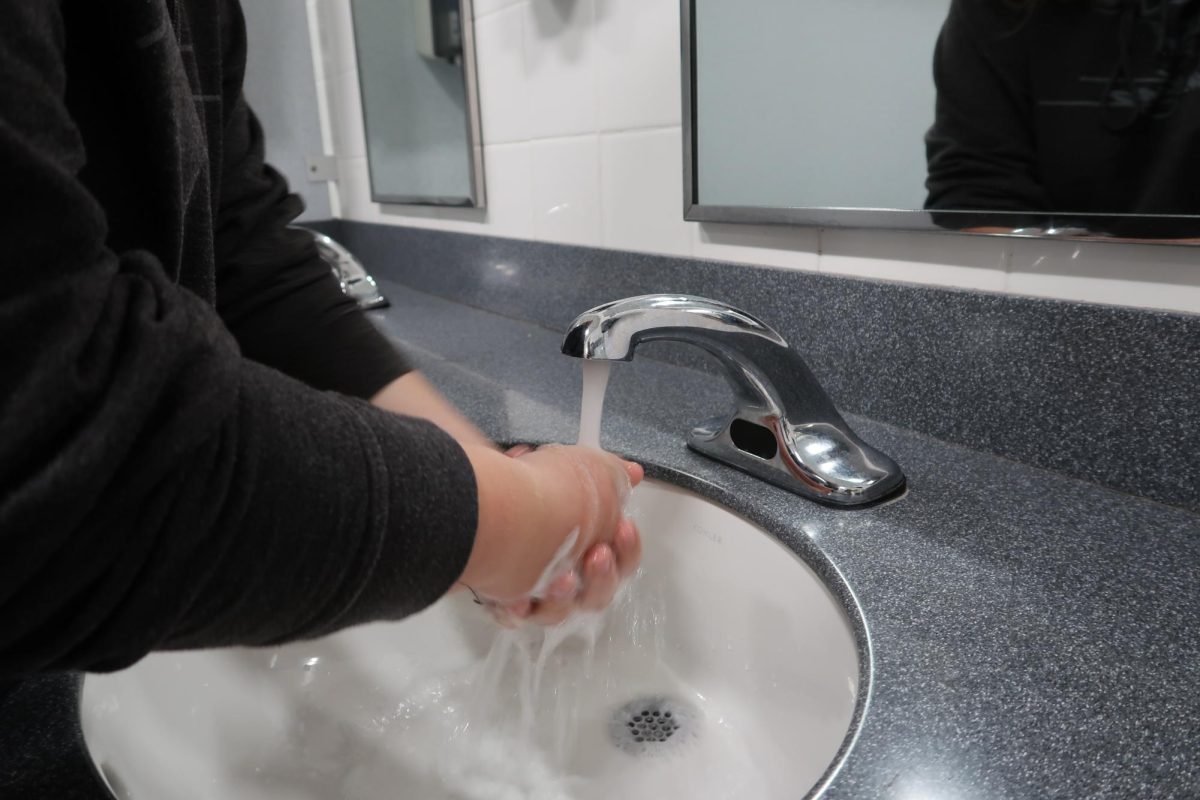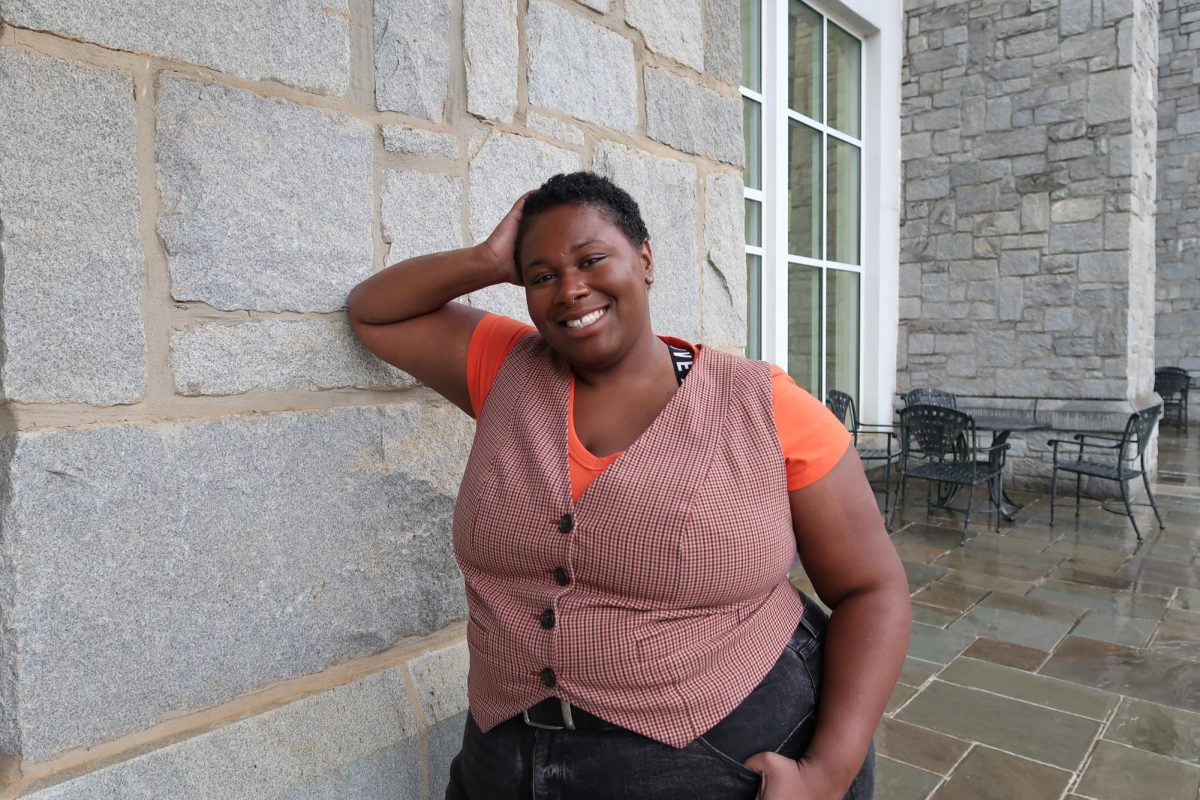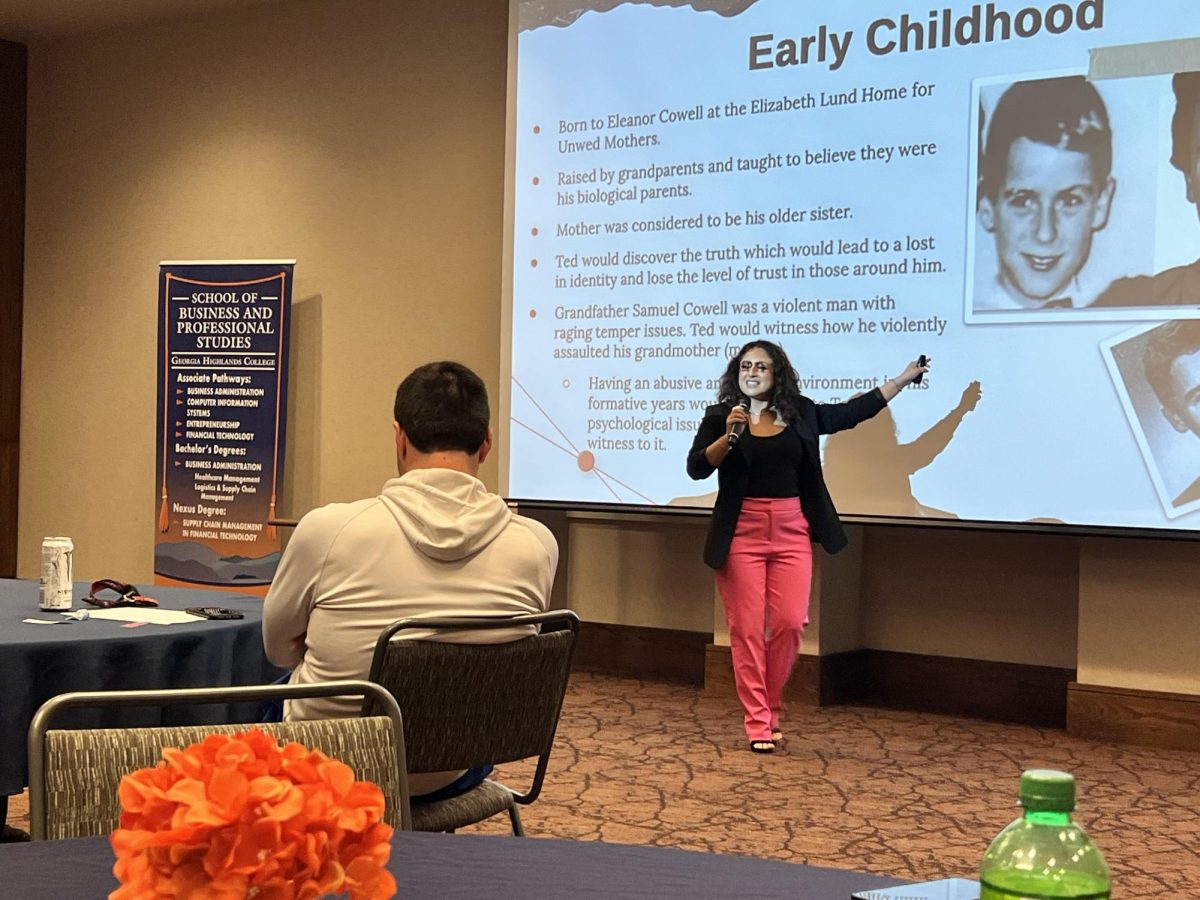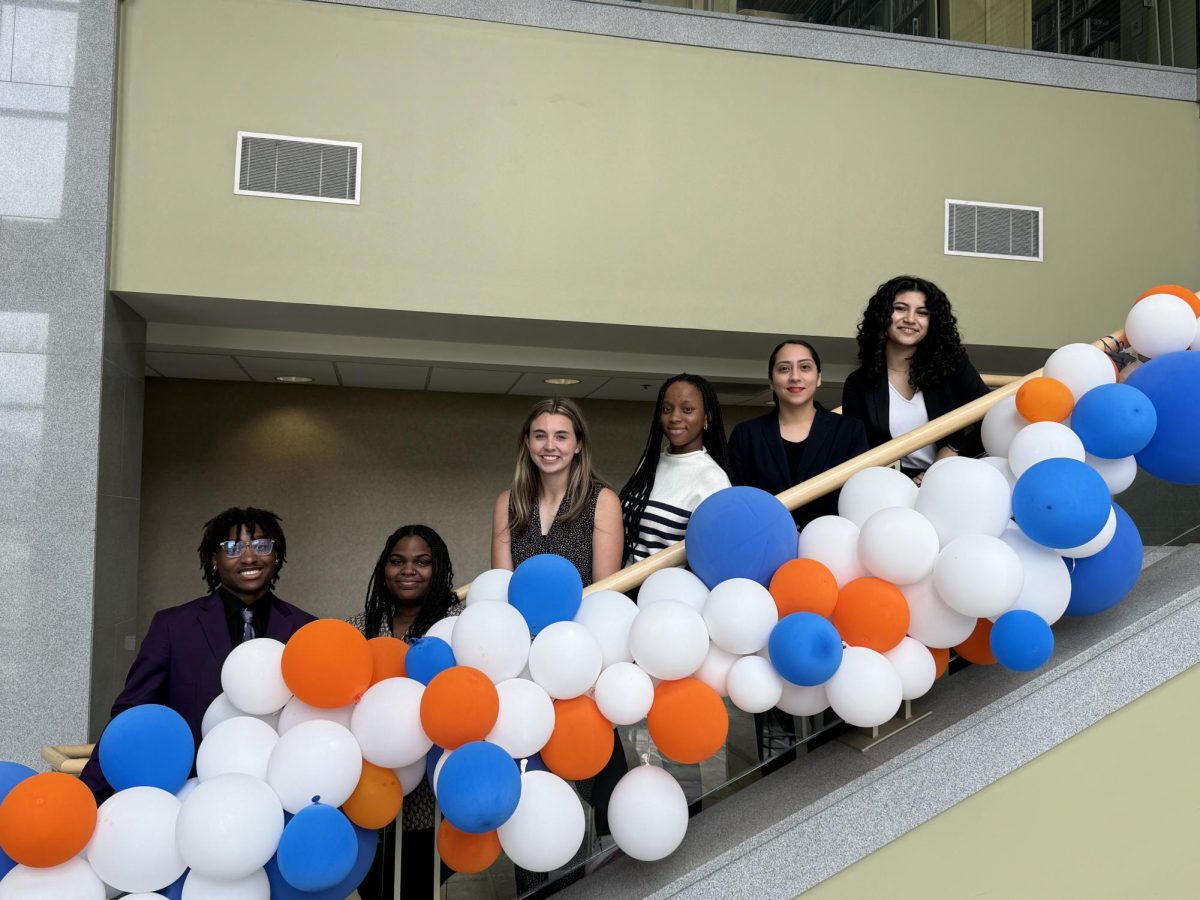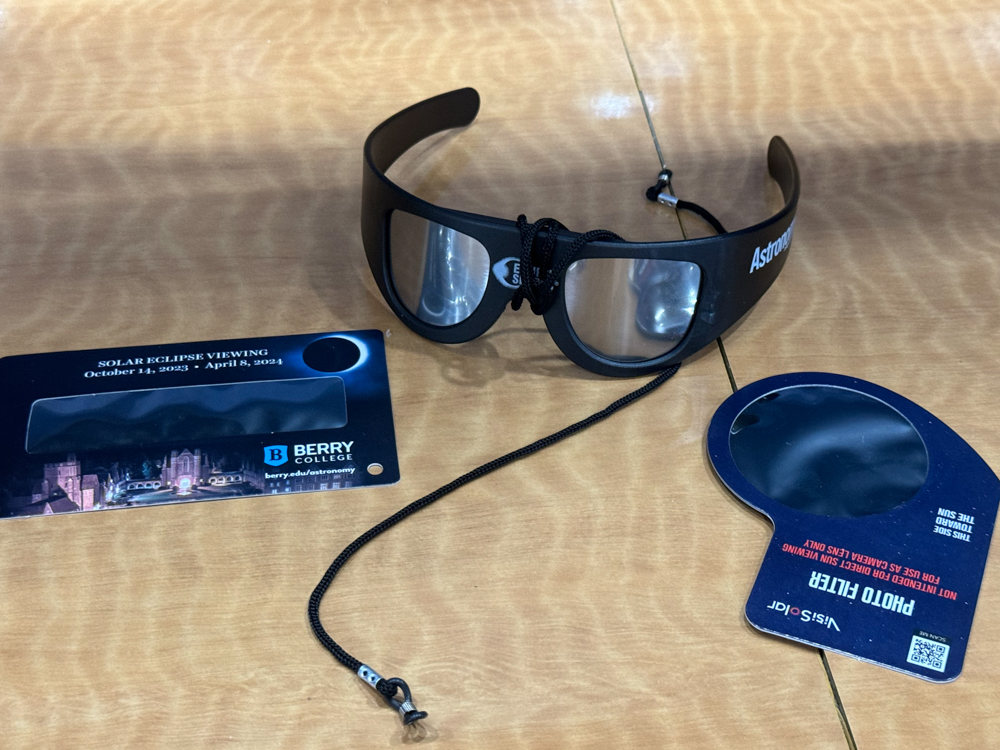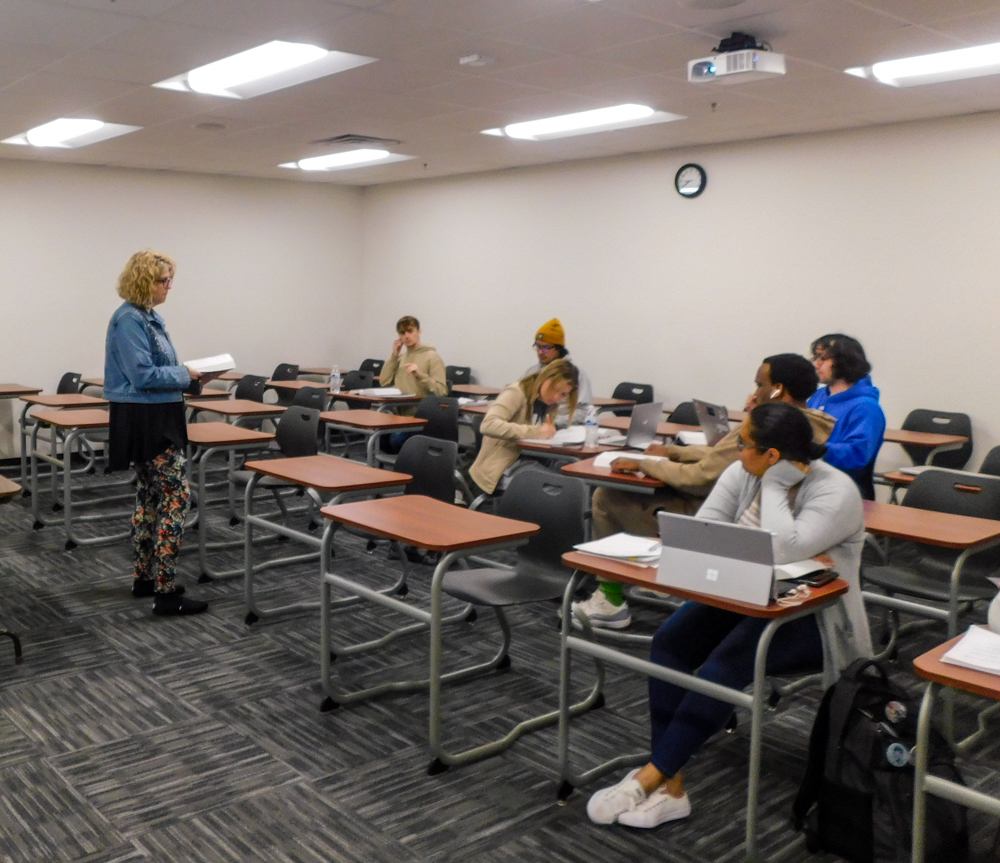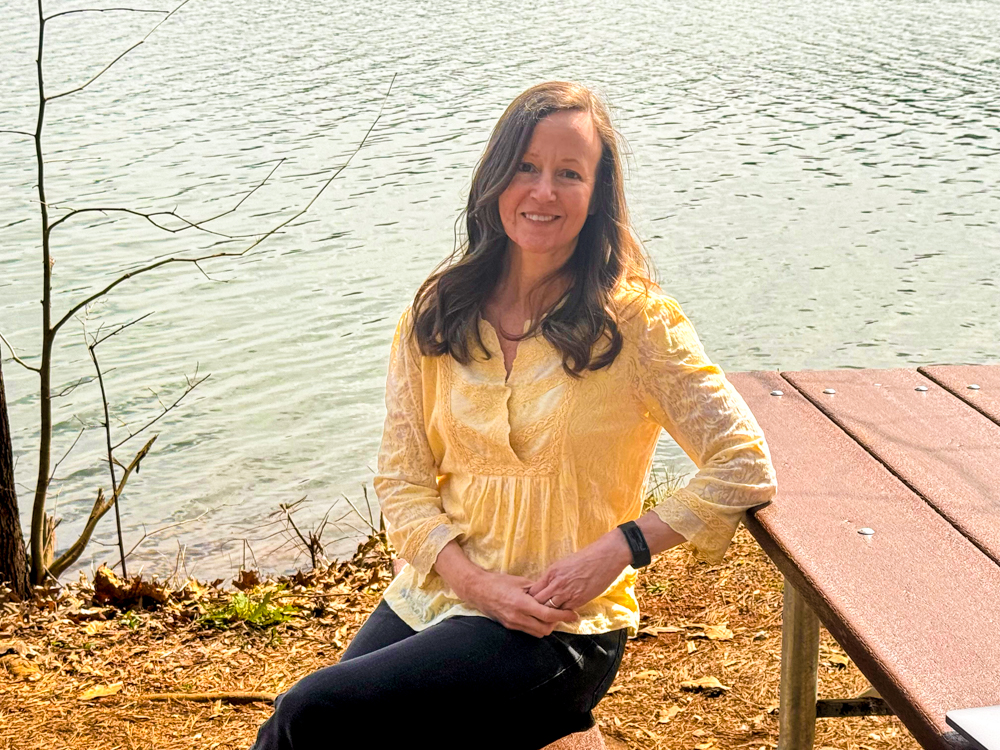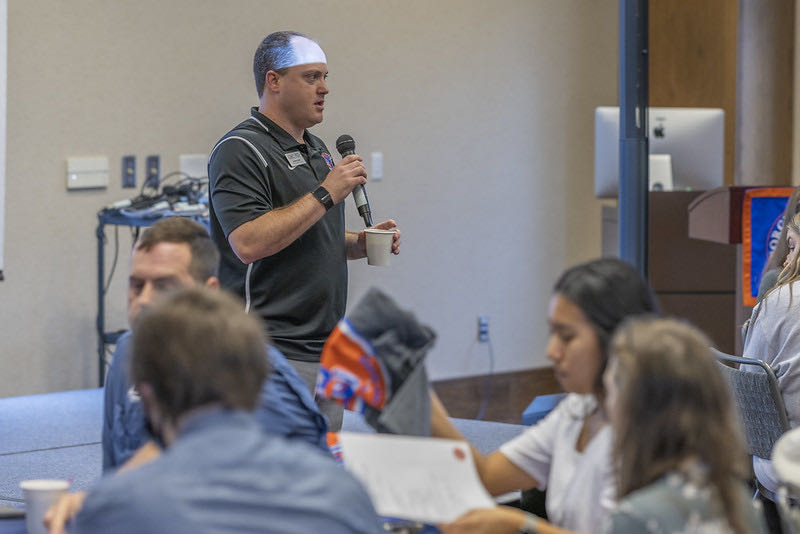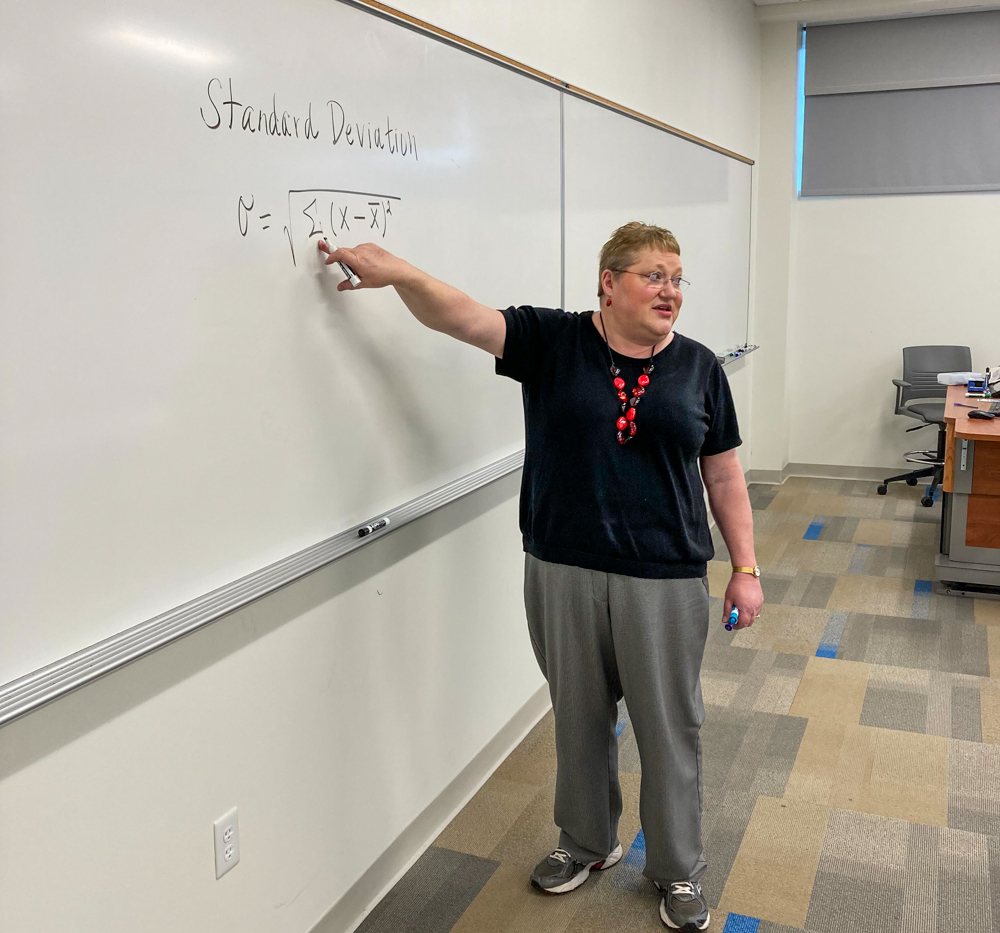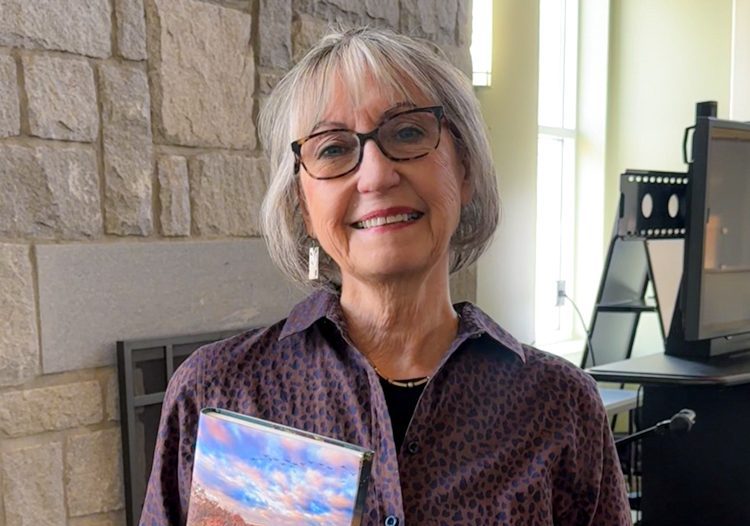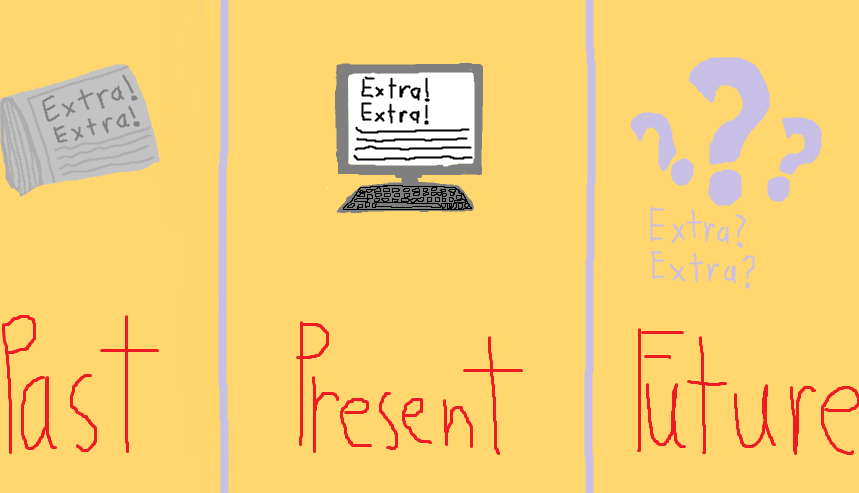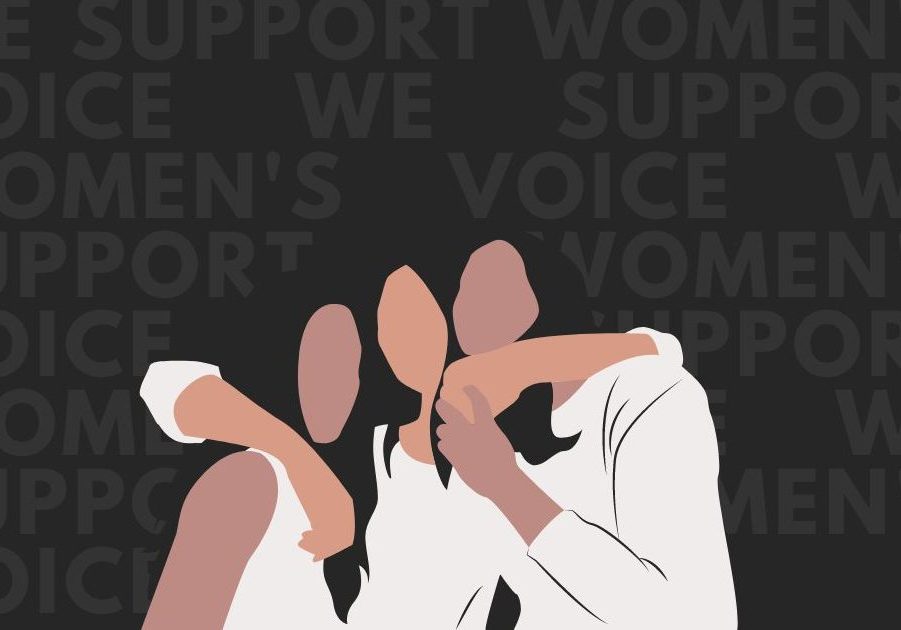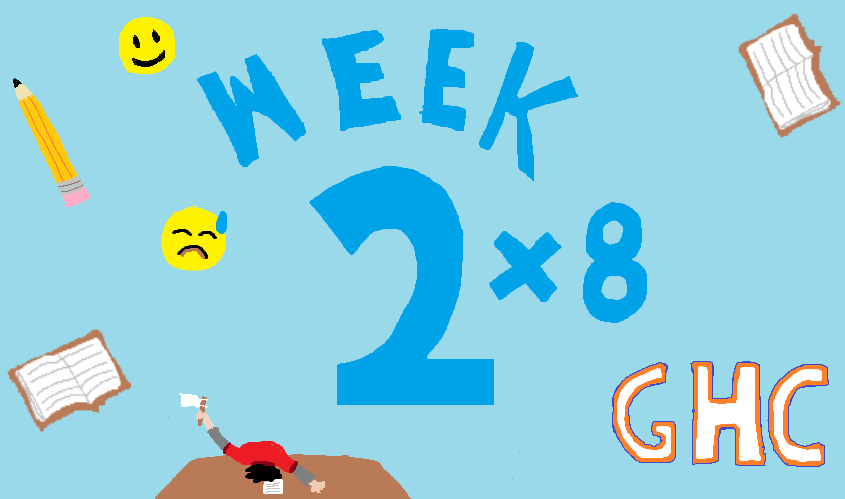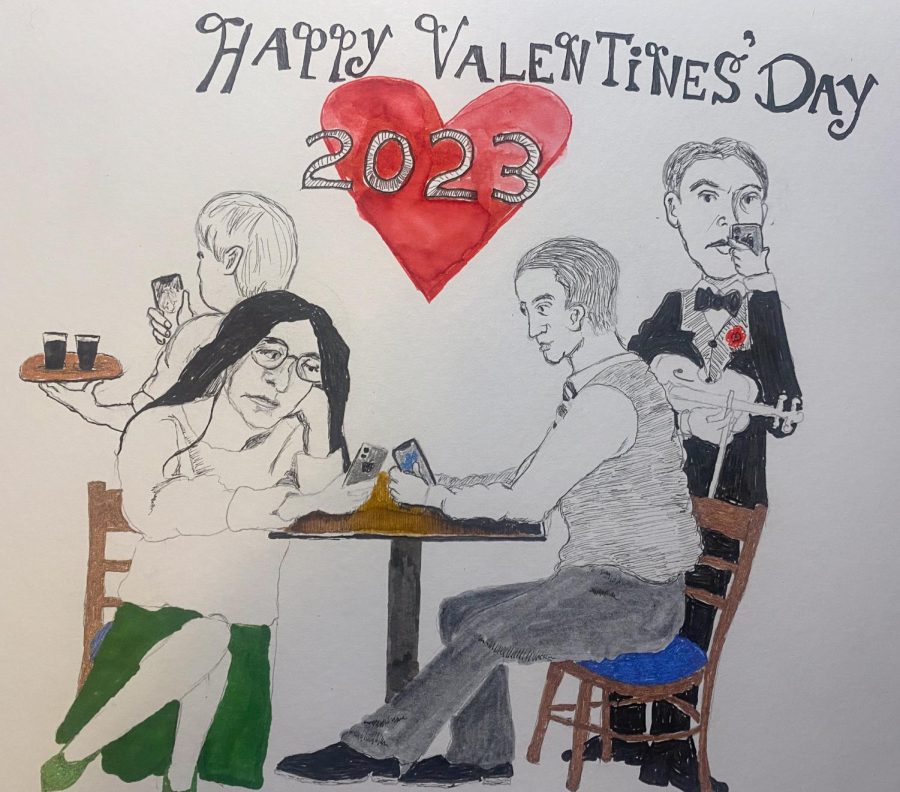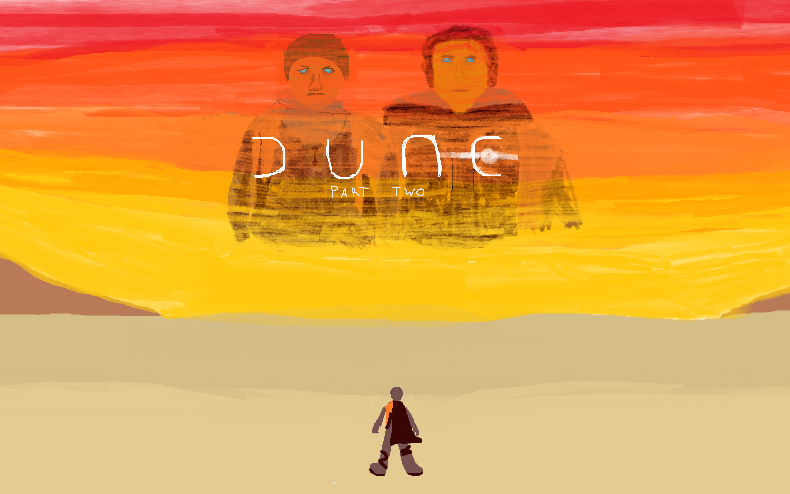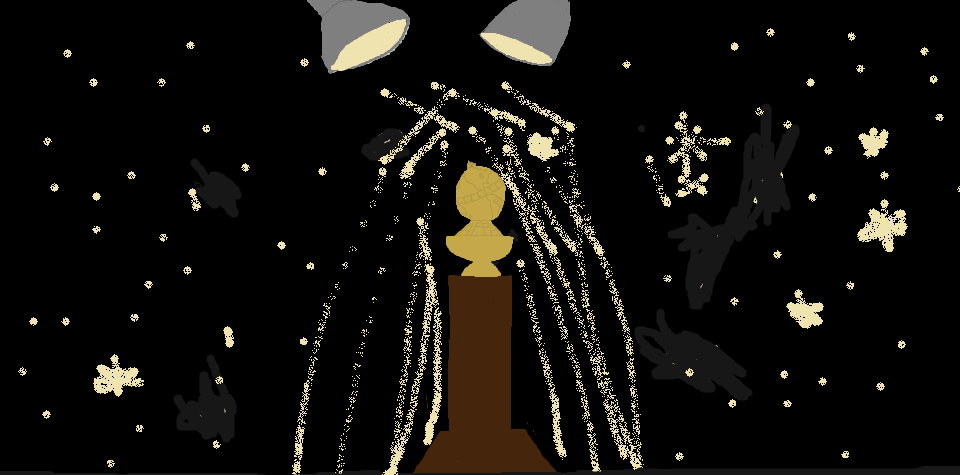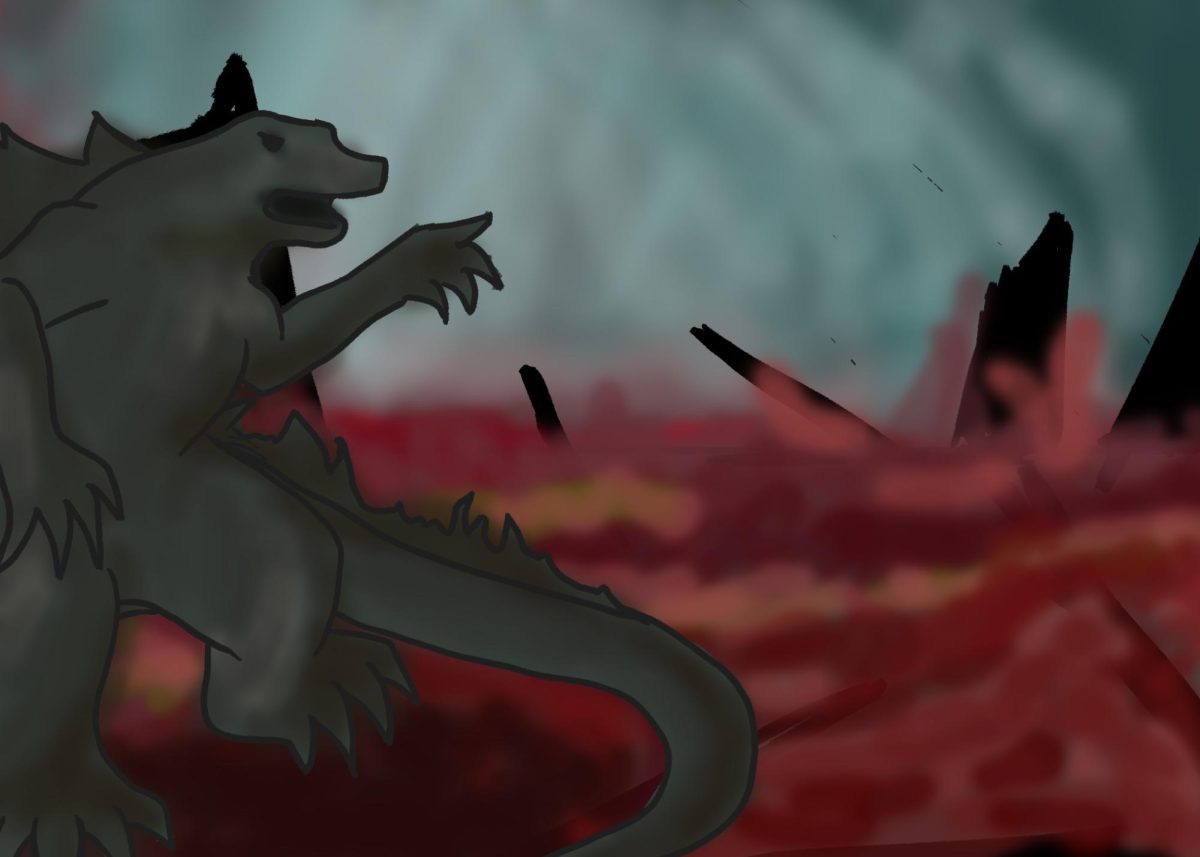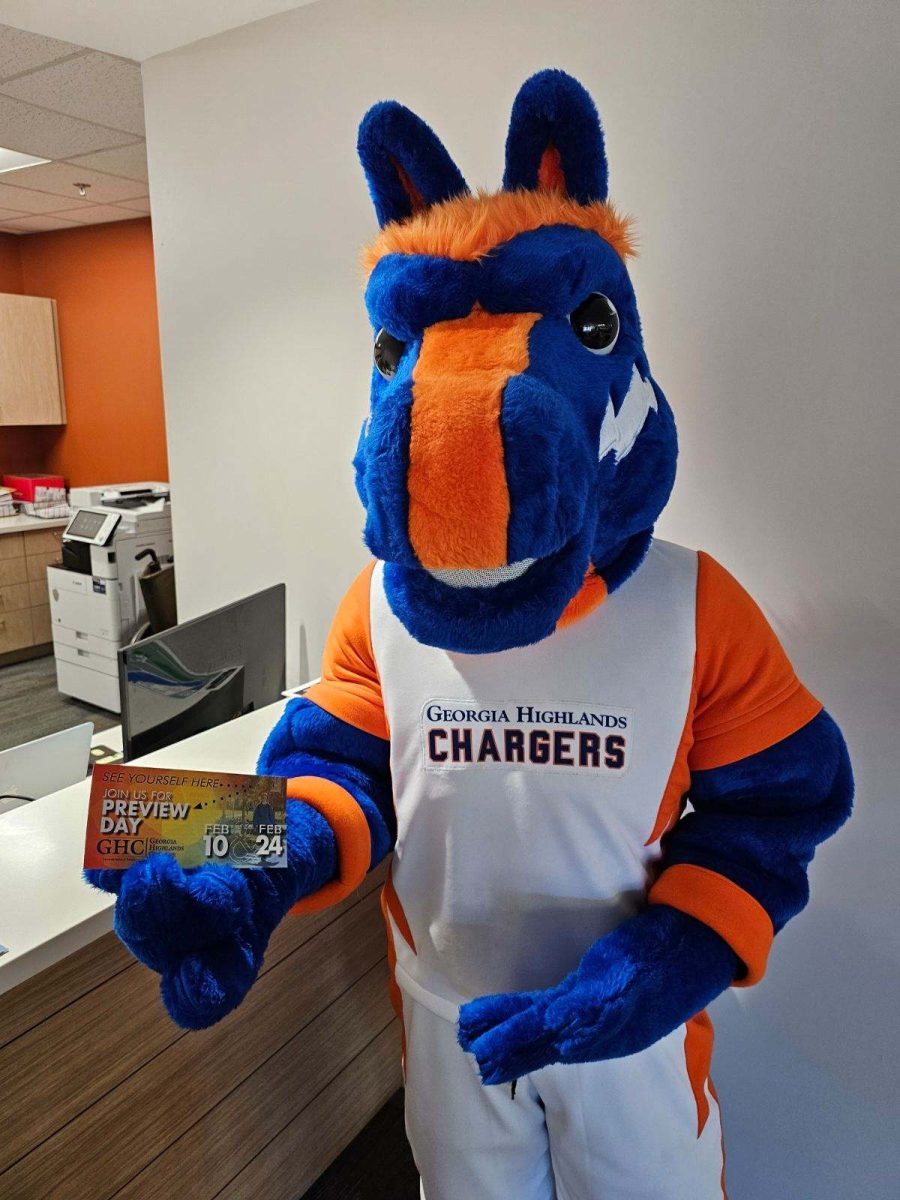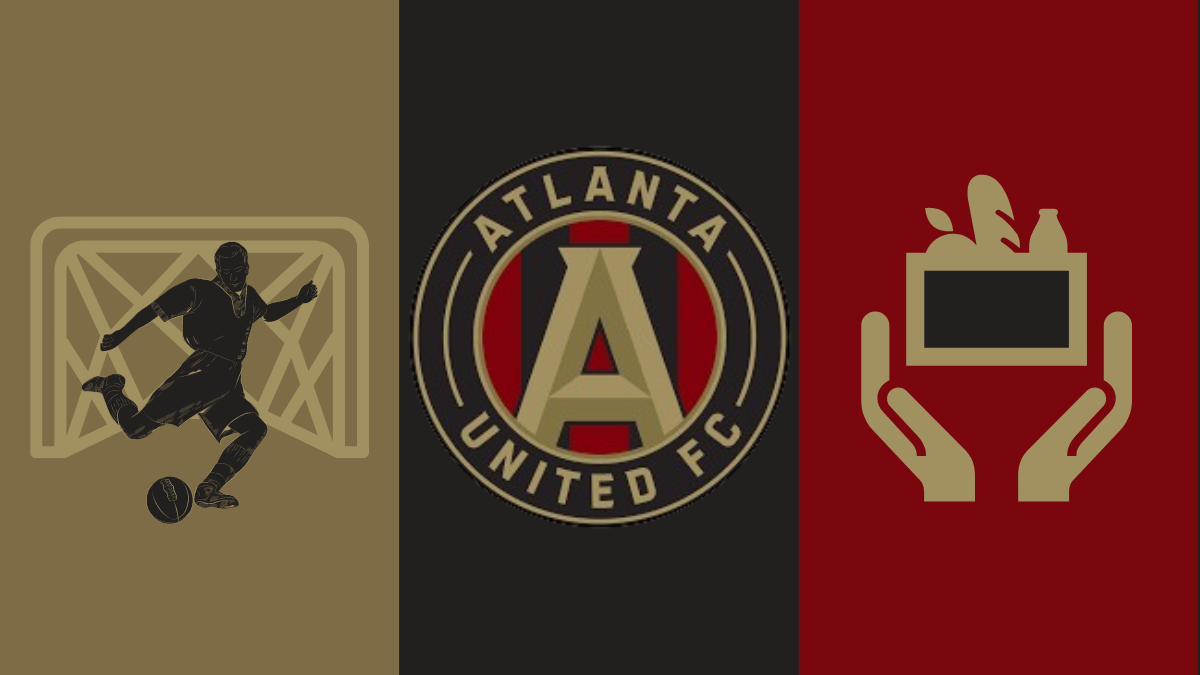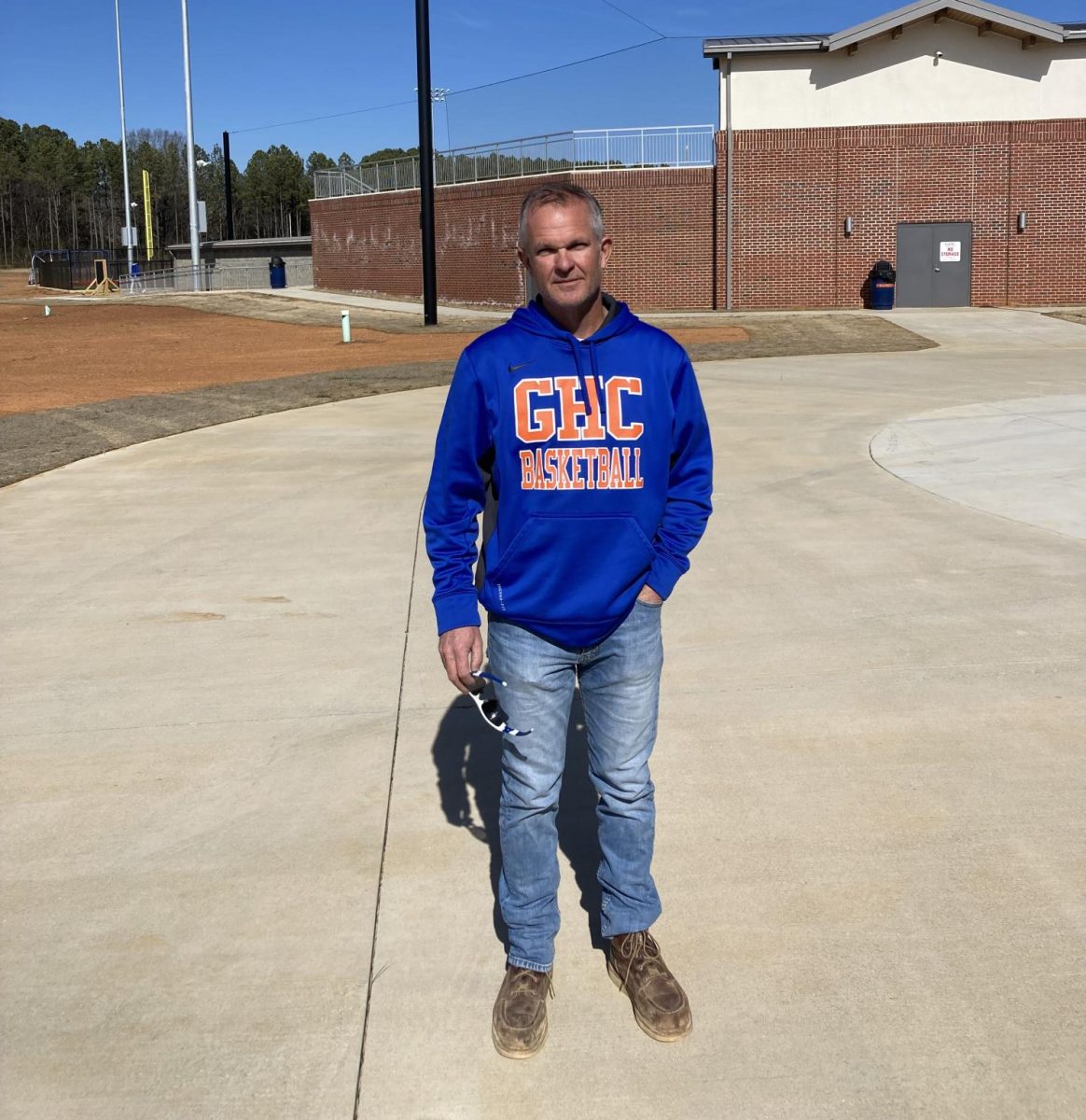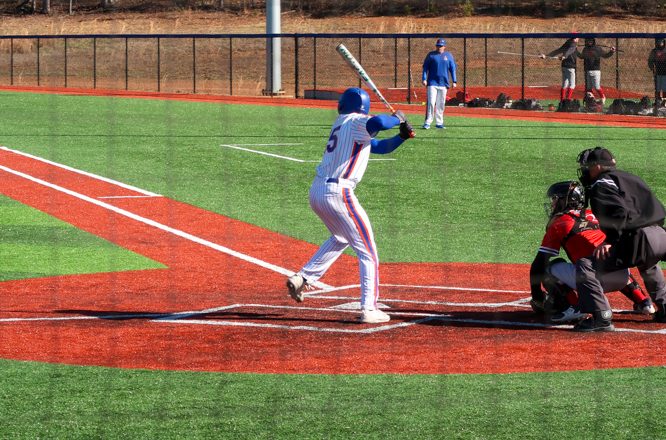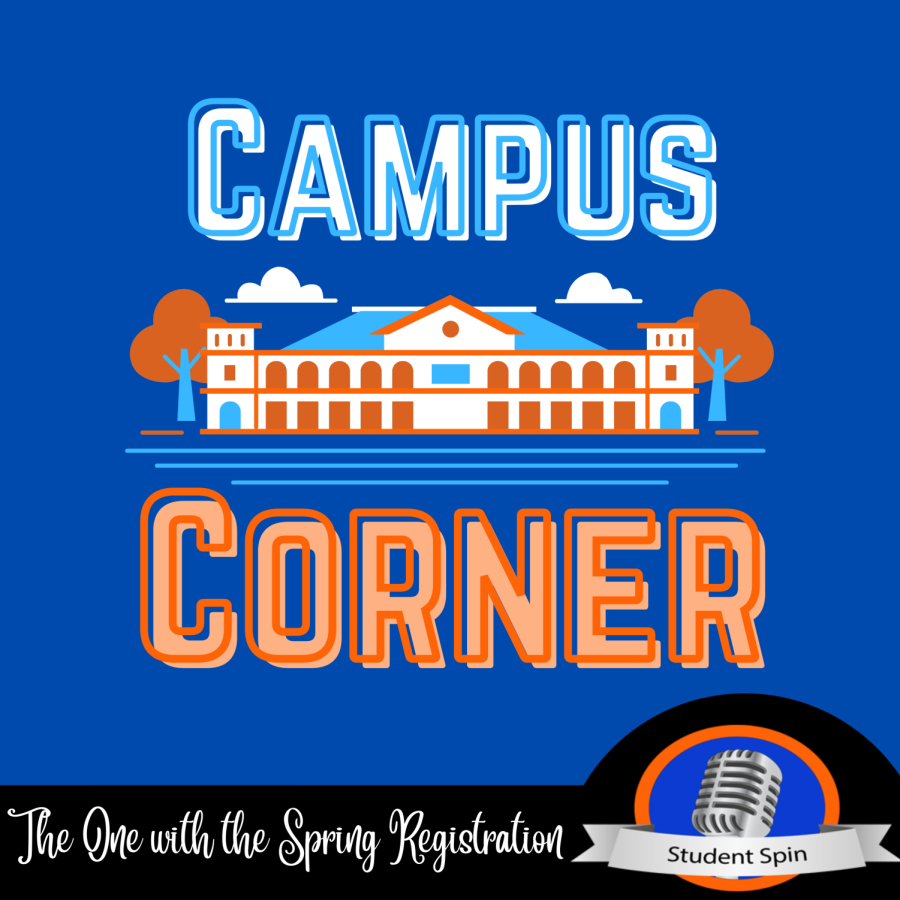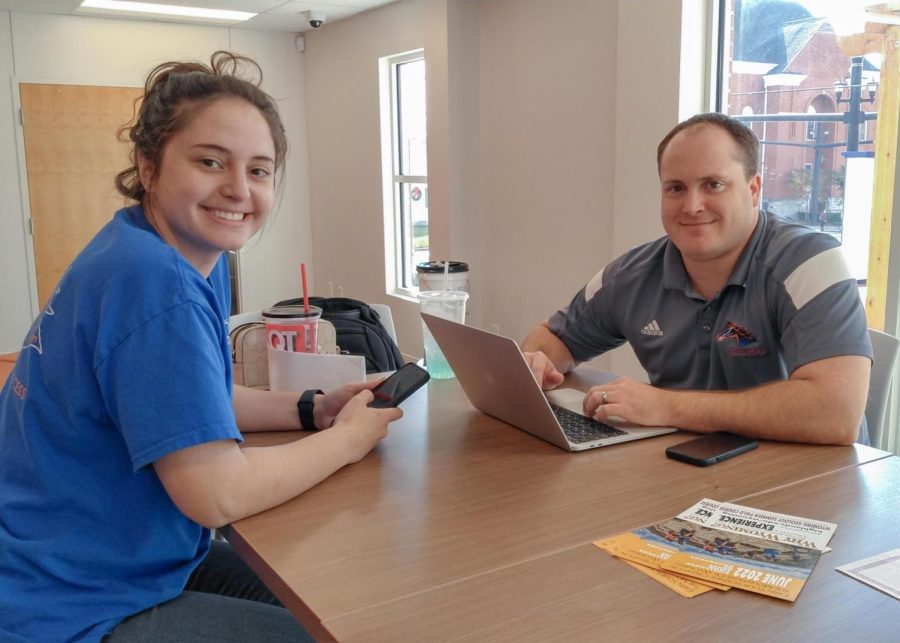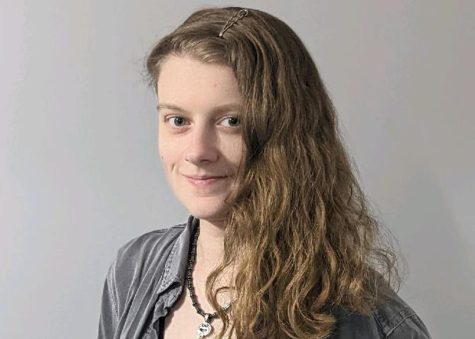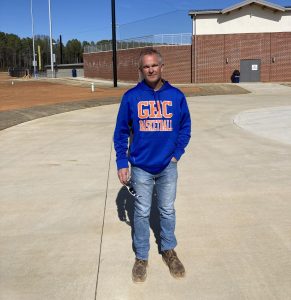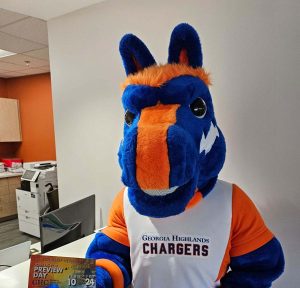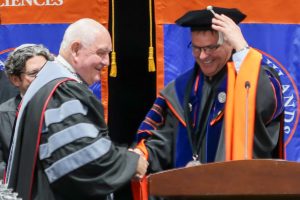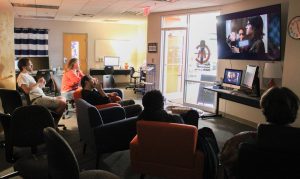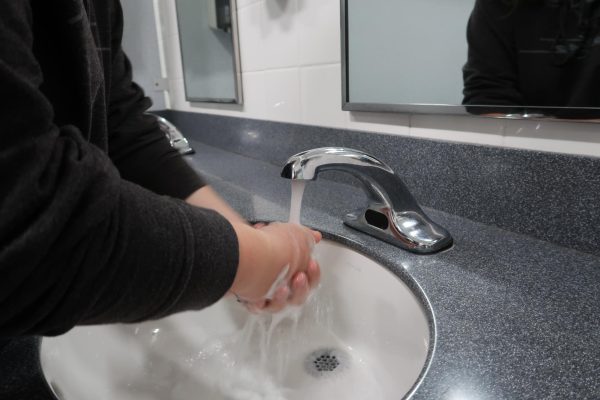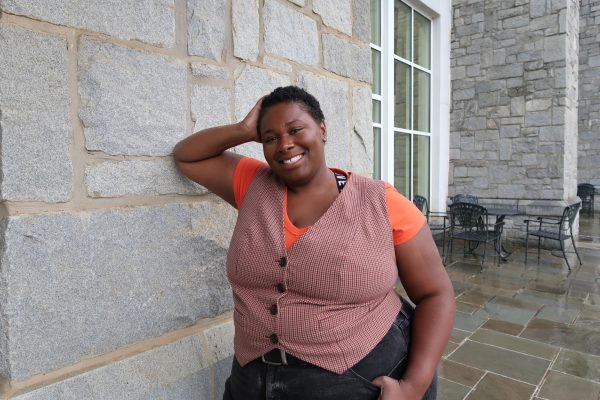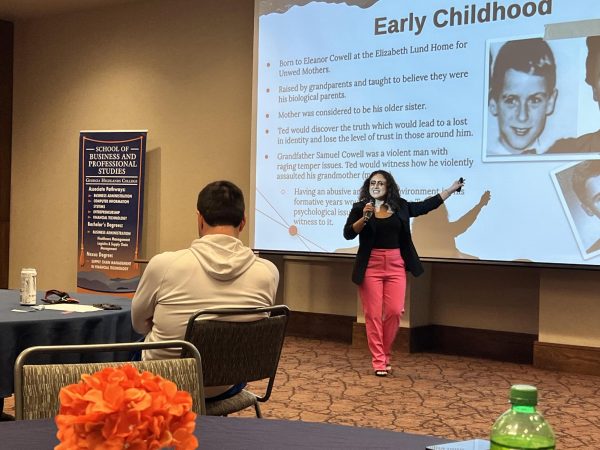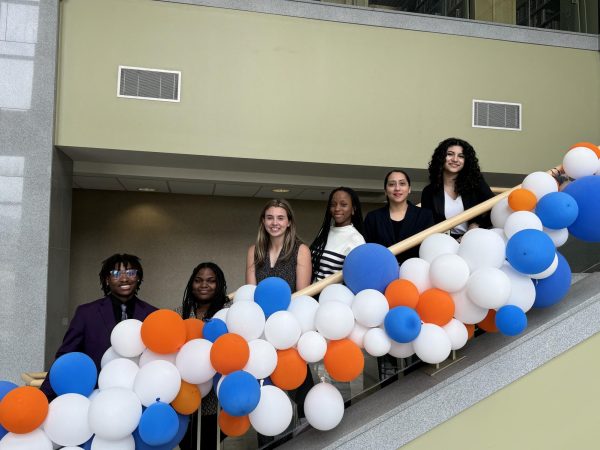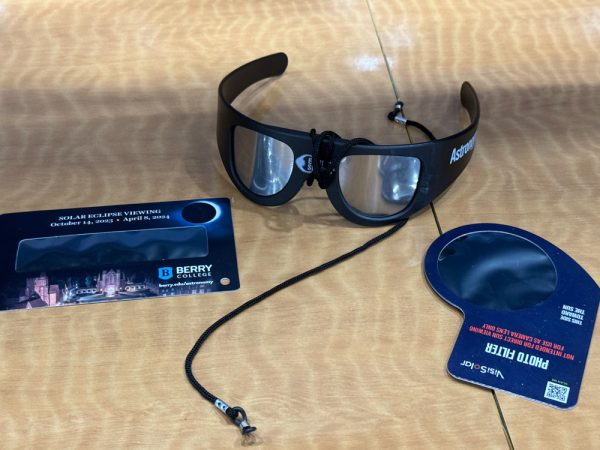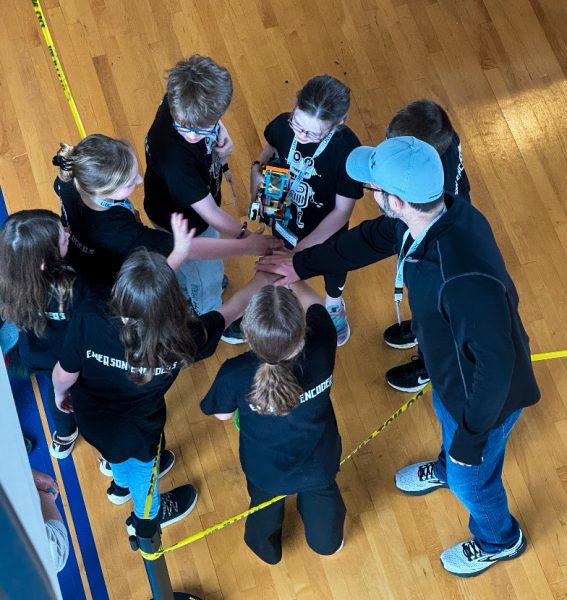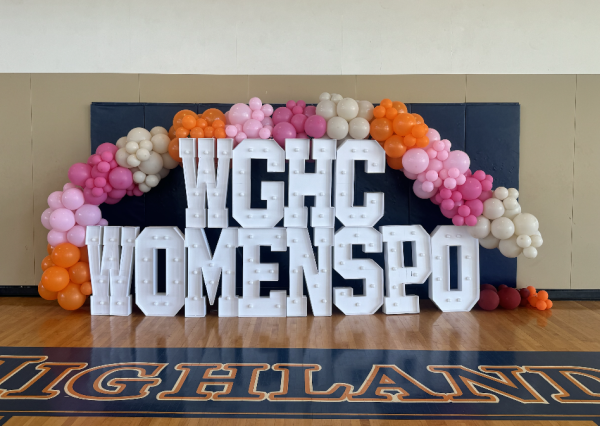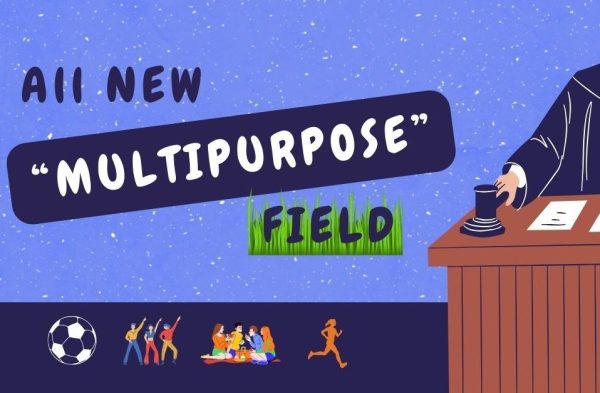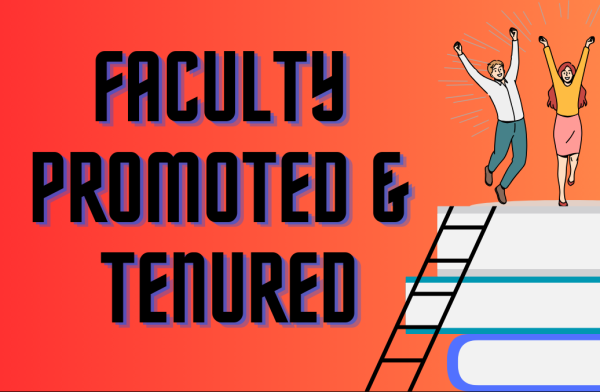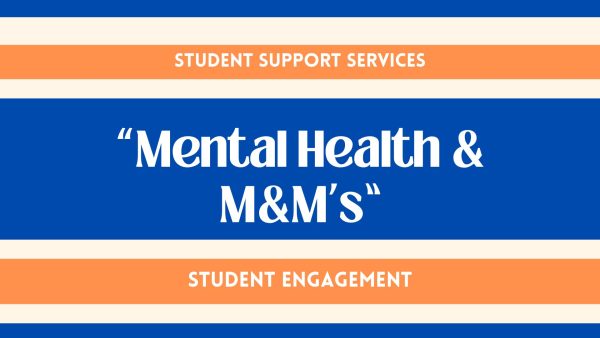Covid-19 aftershocks
Cocurricular Coordinator Clifton Puckett and part-time Student Engagement employee Madison Signoret are the only two Student Engagement staff after Student Life was dismantled during the initial height of COVID.
January 29, 2022
When driving through town nowadays, one thing has become commonplace: help wanted and now hiring signs plastered in the windows and glass doors of almost every restaurant and retail store as far as the eye can see.
Even after quarantine regulations have been lifted throughout most of the US and citizens can return to work or look for new work, businesses, restaurants and other organizations are having trouble finding employees.
GHC has had its fair share of noticeable faculty and staff shortages as well. According to multiple sources, a combination of COVID and necessary budget cuts due to the former are the cause of the short staff at GHC.
“When COVID hit, we cut two to three, maybe five million dollars from the budget initially,” Clifton Puckett, Cocurricular and Transition Programs Coordinator, said.
Puckett oversees the recently established Student Engagement.
This department organizes extracurricular activities students can engage in across GHC’s six campuses: Paulding, Floyd, Cartersville, Douglasville, Marietta and the Heritage Hall location in Rome, GA.
“Next year we have to cut another two [million dollars] because the way the state does your allocation for funding,” Puckett said. “…they look at your previous two years and allocate your funding based on that.”
According to Puckett, the current state funding GHC is receiving “is based off 2020 which was COVID.”
“When COVID first hit we had to let go of 13 people,” Puckett said.
“The way we try to prevent that in the future is that when positions become open, we don’t fill them.”
Earlier in the fall 2021 semester, nine interim positions were filled at GHC.
Bradley Gilmore, Human Resources Programs Manager at GHC, said, “Three months or less is an acting title. Anything that’s going to exceed three months typically, would be an interim. And so the interim person is the one that has both the authority and responsibility of office while they’re doing it.”
The need to fill so many interim positions at once comes with disadvantages such as timing and unpreparedness on part of the staff in the interim position.
Part-time Student Engagement employee Madison Signoret said: “I would say just the biggest thing is just a little confusion because people are trying to learn their positions… people are reaching out for resources that that position used to offer and the interim may not realize”
Due to the nature of these positions, interims need to be appointed as soon as possible.
“It gets hard because then you don’t know every little detail about that position when you’re in it because it’s just interim, so it’s like you need a little more time to learn it and know it inside out like you would a normal position,” Signoret said.
Tristen Tolbert, fall 2021 Gaming Club president and former SGA president, has experience with club involvement and the legalities behind running a club.
According to him, submitting paperwork for official club activities has become difficult since some employees have retired and those positions have been filled with either interims or inexperienced permanent employees.
“I don’t think every position had smooth transitions from the person that used to do it to the person that is doing it,” Tolbert said, “And there’s a lot of small job functions that don’t show up a whole lot that I don’t think a lot of people realize happens.”
The understaffing at GHC and across the nation is a pandemic in of itself with no end in sight. But as Tolbert puts, “I think the college will fix itself eventually, just very very slowly.”

